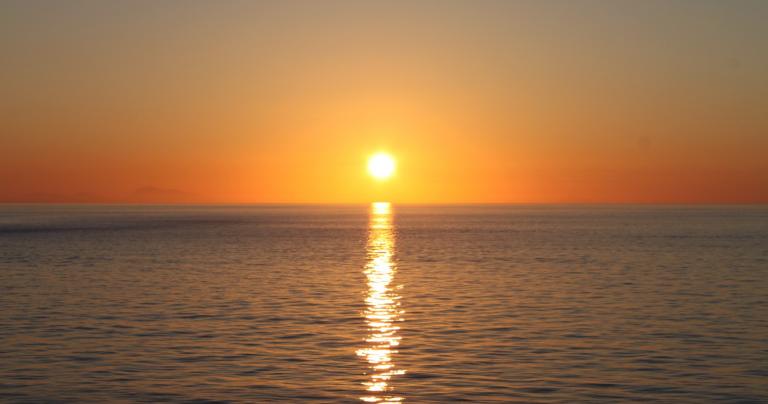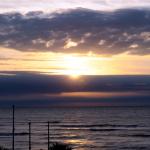I still remember the first time I saw the ocean. I was five, and my parents took me out of kindergarten for a week while they drove my grandmother to South Florida. She was going to stay with my aunt for the rest of the winter.
The journey seemed to go on forever, in part because I was five and in part because I-75 wasn’t finished yet. I had seen the ocean on television, of course, but even that young I knew reality would be much different. I couldn’t wait to see palm trees, white sand, and warm waters.
I saw the palm trees and the white sand. But South Florida was unseasonably cold while we were there. Instead of wading into the warm ocean, I picked up sea shells in a coat while my mother made sure I stayed well away from the water. Still, I remember being fascinated with the tides, and with just how big it all was.
I was 23 before I saw the ocean again. I was on an extended business trip to Palmdale, California. I took off one Sunday and drove to Los Angeles. I spent some time driving on the Pacific Coast Highway and made a brief stop to look at the ocean and take a couple of pictures. I didn’t stay long, though – I wanted to make it to Universal Studios.
That’s been my life with the ocean. She calls to me and I go visit her, but I never stay for long.
The ocean will always be a foreign place to me.
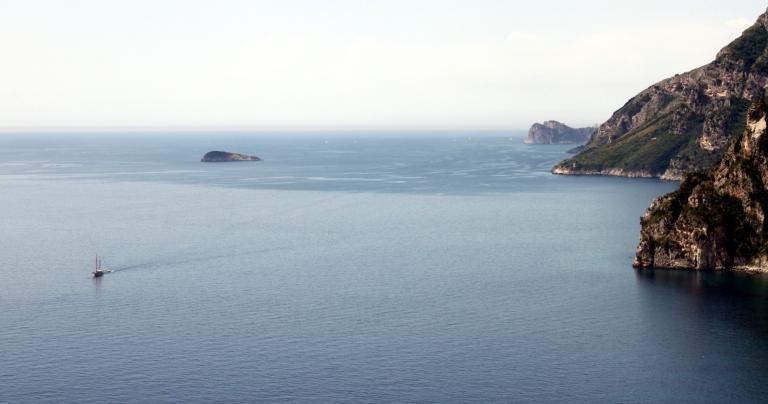
The ocean is the beginning of the Earth
As the Reclaiming chant reminds us, all life comes from the sea. Or at least, that’s what I was always taught. It seems there’s an on-going debate, with biologists and geologists insisting that life began in deep-sea hydrothermal vents and chemists insisting it began in land-based geothermal systems. But this much we know: where ever life began, it evolved first in the oceans. About 530 million years ago the first animals began to live on the land. It took 370 million years for the first mammals to appear – you know the rest of that story.
About 40 million years ago a few of those mammals went back into the ocean. Some of them became today’s whales and dolphins, while others became seals and walruses.
Many things call us to return to the sea. One of them is a deep ancestral memory that the ocean was once our home.
But the ocean will always be a foreign place to me.

The ocean is a dangerous place
I’ve been on the ocean – in large cruise ships that displace 140,000 tons and are equipped with stabilizers. I’ve also toured World War II era destroyers that patrolled the oceans despite being less than 40 feet wide and barely displacing 2000 tons.
While in Galveston over the holidays I toured the tall ship Elissa, built in 1877 as a sailing merchant vessel. Its beam (width) is 28 feet and it displaces 431 tons.
It’s no wonder the Navy Hymn repeats the lines: “Oh, hear us when we cry to Thee, For those in peril on the sea!”
Of course, Micronesians and Polynesians have been exploring the oceans in tiny boats and navigating with only the stars and memory of their positions for thousands of years.
The ocean is a dangerous place. But we are a curious species, willing to take great risks for the chance of a better life on the next island, or on the next continent. Our seafaring skills have grown with experience and with technology. The Titanic has become legendary, but that was over a hundred years ago. Today it pretty much takes negligence to wreck a ship, as with the Costa Concordia in 2012. I’ve never felt in danger on the open seas.
But the ocean will always be a foreign place to me.
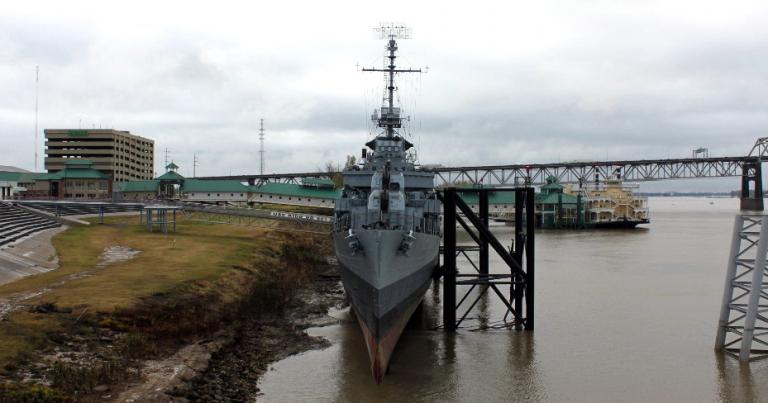
The ocean is a magical place
Magic is strongest in liminal places: doorways (“neither within nor without”), dusk and dawn (“neither day nor night”), and sea shores (“neither land nor sea”). The beach is where all three Celtic realms of land, sea, and sky meet.
I’ve lived my whole life inland. I’m writing this from my house, which is 290 miles from the Gulf of Mexico – and that’s the closest I’ve ever lived to the ocean. I’m not the person to ask how to do sea magic.
But I’ve stood on the shore at sunrise and nobody had to tell me what a powerful time and place it was. I’ve poured offerings to Manannán mac Lir on both sides of the Atlantic and felt His presence as I did. I’ve stood and watched the ocean for longer than I realized and walked away feeling both calmed and empowered. The ocean is a magical place.
While I would love to experiment with sea magic some time, my magic is the magic of the land. It’s the magic of the mountains and trees, and of the spirits that live in and around them.
The ocean will always be a foreign place to me.
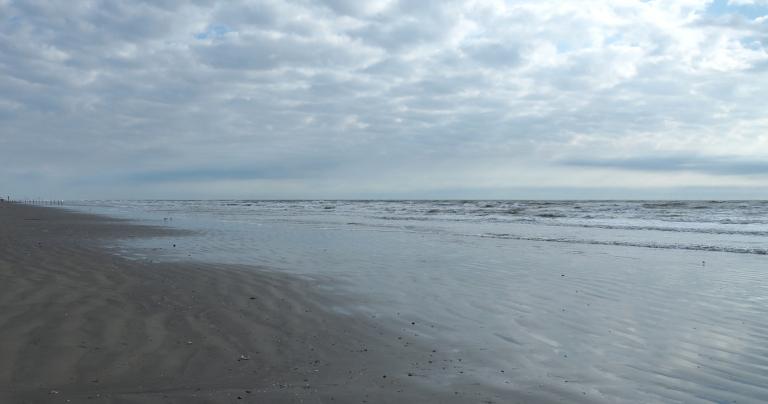
The ocean is our life
40% of the world’s population lives within 60 miles of the coast. 10% live less than 30 feet above sea level. Fishing is both an important industry and a source of nutrition for many people. 90% of international trade travels by ship. 50% of international tourism is to coastal areas.
And this litany of facts does nothing to diminish the spiritual pull of the ocean to us all.
I still smile whenever I see the ocean for the first time in a long time, whether from the land, from a ship, or from the air. Someday I want to see the South Pacific Ocean and the Baltic Sea, even though I know the ocean is one. I’m fascinated with sea legends and lore (especially pirates), with marine life, and with naval history.
But I can never forget that I am always a guest of the ocean, a nautical tourist, a visitor to the shore and the tides.
I am a child of the land. I have always lived on the land, and when my time comes I will be buried in the land.
The ocean will always be a foreign place to me.
